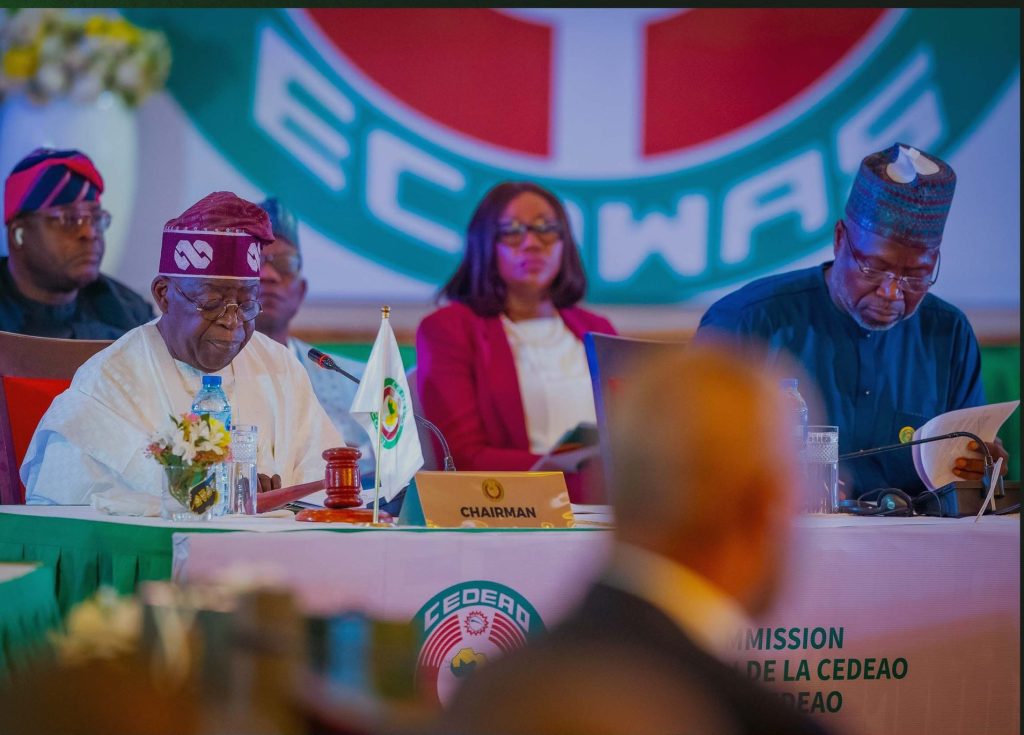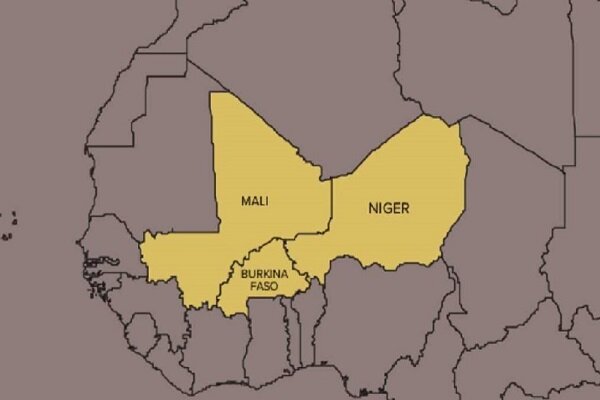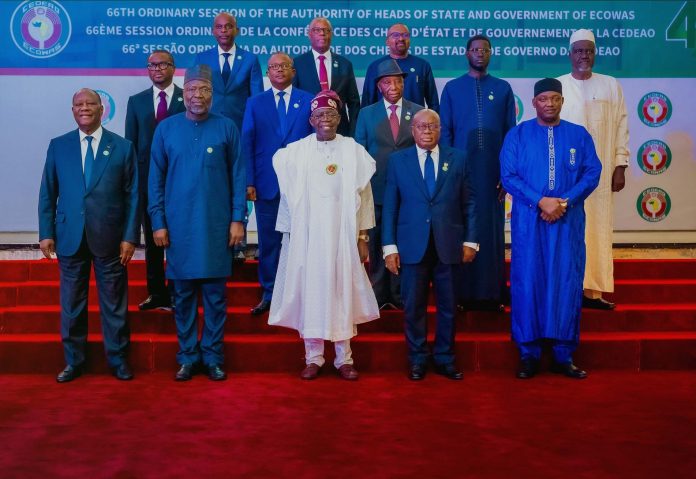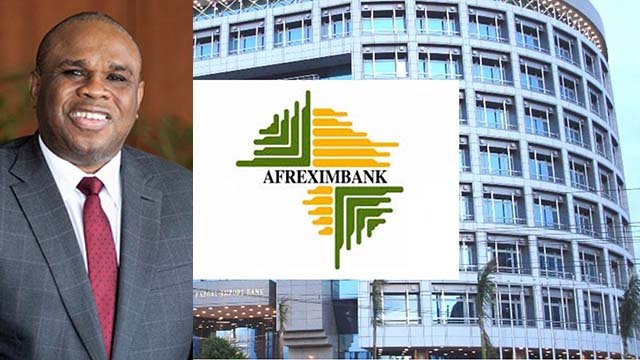The Economic Community of West African States (ECOWAS) has established a withdrawal timeline for Niger, Mali, and Burkina Faso, setting the stage for their exit from the regional bloc.
The decision was taken at the 66th Ordinary Session of the Authority of the Heads of State of ECOWAS in Abuja on Sunday, December 15.
It follows the three countries’ declaration in January to leave the regional bloc, citing “inhumane and irresponsible” sanctions.
The sanctions were a response to military coups in the three countries.
ECOWAS Commission President Omar Alieu Touray announced the transitional period, “The authority decides to set the period from 29 January 2025 to 29 July 2025… and to keep ECOWAS doors open to the three countries during the transition period.“

The withdrawal poses significant economic, diplomatic, and security challenges for the region. Many citizens from the three countries live in other ECOWAS member states, and their exit may disrupt free movement and trade.
Niger, Mali, and Burkina Faso have begun establishing their own alliance, the Alliance of Sahel States (AES). They accuse ECOWAS of being puppets in the hands of neocolonialists.
The three AES states appear to have pivoted away from France towards Russia.
Bola Tinubu, the President of Nigeria and Chairman of ECOWAS, said the challenges faced in the region test the region’s ability to work together.
“We must not lose sight of our fundamental responsibility, which is to protect our citizens and create an enabling environment where they can prosper,” he said.
Implications of Split
One major benefit of being an ECOWAS member is visa-free movement to member states. It is not clear how that could change after the three countries leave the bloc.
Asked about such an implication in July, the ECOWAS Commission President said, “When you get out of an agreement… if it is about free trade, free movement of people, the risk of losing those concessions remains.”
On Saturday, the three countries announced preemptively in a joint statement that while access to their territories would remain visa-free for other West African citizens, they “reserve the right… to refuse entry to any ECOWAS national falling into the category of inadmissible immigrants.”

This is the worst crisis ECOWAS has faced since its founding in 1975. The leaders are unsure how to manage the situation.
Welcoming the countries back with their military governments in power could legitimize their forceful takeover of power and risk encouraging political instability in other West African countries.
At the same time, allowing them to leave fragments the regional bloc and risks compromising all the economic, security, and political benefits that founded it.
Comment, Like 👍, share this article, and Follow us on our social media handles.








